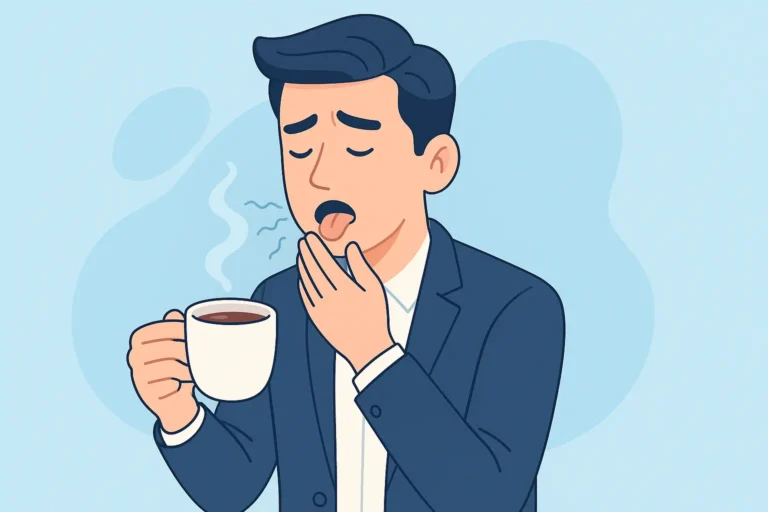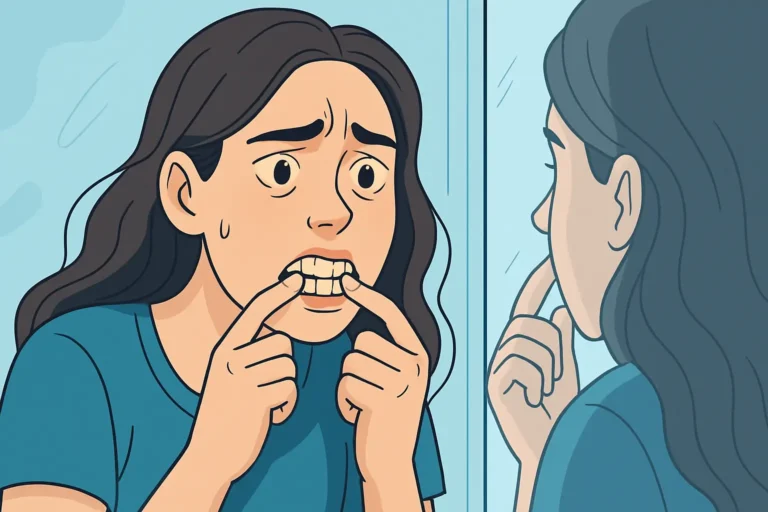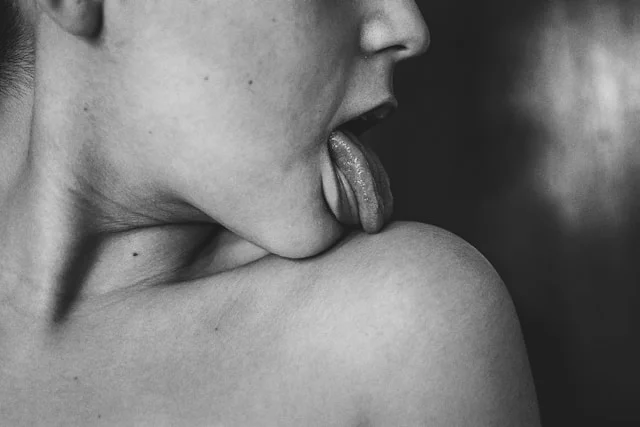What Causes Dry Mouth in Old People?
Getting older is tough. Your body starts doing strange things you never had to deal with before. One of those things is dry mouth. It sounds like a small problem, but if you have it, you know it can make eating, talking, and even smiling uncomfortable. Your mouth feels like cotton. Food doesn’t taste the same.
Sometimes your throat feels scratchy. You might even wake up at night just because your mouth feels so dry it hurts. If you’re reading this, you’re probably looking for answers. You want to know why this is happening and if there’s anything you can do about it.
I want to help you understand what causes dry mouth in old people, and I’ll explain it in simple words, like I’m talking to you in person.
Dry mouth, which doctors call “xerostomia,” happens when your mouth doesn’t make enough saliva. Saliva is not just water. It’s important for keeping your mouth healthy. It helps you chew, swallow, taste food, and even fight germs. When saliva gets low, a lot of small problems start showing up. Let’s talk about why this happens more often as you get older.
Does Aging Itself Cause Dry Mouth?
A lot of people think dry mouth is just a part of getting old. But that’s not exactly true. Aging itself doesn’t cause your mouth to dry up. It’s the things that happen along with aging that cause the problem. Older people often take more medicines. They get certain diseases more easily. They may even have changes in their body that affect saliva production. So it’s not just your age; it’s what comes with it.
How Medications Cause Dry Mouth
One of the biggest reasons older people get dry mouth is because of the medicines they take. Medicines for blood pressure, depression, allergies, pain, and even bladder problems can all reduce how much saliva your mouth makes. And many seniors are taking more than one medicine at the same time, which makes the dryness even worse.
Here’s a simple table showing common medicines that cause dry mouth:
| Type of Medicine | Example | Why It Causes Dry Mouth |
|---|---|---|
| Blood Pressure Pills | Amlodipine, Lisinopril | Lowers saliva flow |
| Depression Medicines | Amitriptyline, Sertraline | Affects nerves that control saliva |
| Allergy Medicines | Diphenhydramine (Benadryl) | Dries out mouth membranes |
| Bladder Control Drugs | Oxybutynin | Reduces fluid production |
| Pain Relievers | Morphine | Slows down saliva production |
If you are taking any of these medicines and notice dry mouth, it’s very likely connected. You should not stop taking your medicine without talking to your doctor, but it’s important to know this connection exists.
Health Conditions That Cause Dry Mouth
It’s not just the pills. Some health problems that are common in older people can also cause dry mouth. Let’s look at a few:
- Diabetes: When your blood sugar is high, it can pull fluids from your body, including your mouth.
- Stroke: A stroke can damage the nerves that help you produce saliva.
- Alzheimer’s Disease and Dementia: People with memory problems may forget to drink water regularly, leading to dehydration and dry mouth.
- Parkinson’s Disease: This affects muscle control and can also mess with saliva glands.
- Autoimmune Diseases like Sjögren’s Syndrome: This disease directly attacks the glands that make saliva.
A lot of times, someone might have more than one of these health problems at the same time, making dry mouth even worse.
Can Dehydration Cause Dry Mouth?
Yes, it can. And it’s easier for older people to get dehydrated. Sometimes the feeling of thirst weakens with age. You might not feel thirsty even if your body needs water. Plus, if you are on a fluid-restricted diet because of heart or kidney problems, you might not be drinking enough. Dehydration means your body has less fluid overall, and that includes less saliva.
What About Breathing Through the Mouth?
You might not think about it, but how you breathe matters too. If you breathe through your mouth instead of your nose, your mouth will dry out much faster. Older people sometimes have sinus problems, sleep apnea, or nasal congestion that forces them to breathe through their mouth, especially at night. Waking up with a dry mouth is often a sign of this.
Are Dental Problems a Cause Too?
Definitely. If you have dentures that don’t fit well, gum disease, or missing teeth, it can all mess up how your mouth works. When chewing becomes harder, your mouth may not produce as much saliva. Infections in the mouth can also damage the glands that make saliva.
How Does Smoking and Alcohol Affect Dry Mouth?
Smoking and alcohol make dry mouth worse. Smoking reduces saliva flow. Alcohol dries out your body, including your mouth. Even mouthwashes with alcohol in them can cause more dryness. If you smoke or drink, your dry mouth may never get better unless you cut back.
Hormonal Changes and Dry Mouth
For older women, changes in hormones after menopause can also affect saliva production. Lower estrogen levels can lead to drier tissues all over the body, including the mouth. You might not even realize that your dry mouth is partly due to hormonal changes.
What If You Just Have Anxiety?
Believe it or not, feeling nervous or anxious can cause dry mouth too. Your body reacts to stress by reducing saliva flow. If you’re often anxious or stressed out, that could be playing a role in your dry mouth. Plus, many anxiety medicines also have dry mouth as a side effect.
Tips to Manage Dry Mouth
Now that you know what causes it, you might be wondering what you can do about it. Here are some simple tips:
- Drink Water Often: Even if you don’t feel thirsty.
- Chew Sugar-Free Gum: It can help your mouth make more saliva.
- Avoid Caffeine and Alcohol: Both dry out your mouth more.
- Use a Humidifier at Night: Adds moisture to the air and helps with breathing.
- Talk to Your Doctor: Ask if your medicines can be adjusted.
- Use Saliva Substitutes: There are sprays and gels made to help with dry mouth.
- Take Care of Your Teeth: Brush and floss carefully. Dry mouth can cause more cavities.
Conclusion
Dry mouth in old age is not just something you have to suffer with. It usually has a cause—sometimes more than one. It could be your medicines, your health conditions, dehydration, how you breathe, or even just your lifestyle habits like smoking. I hope now you have a better idea why your mouth feels dry and uncomfortable. The good news is, once you know the cause, you can start doing things to make it better. Always talk to your doctor if dry mouth is bothering you. Sometimes a small change in medicine or a simple daily habit like drinking more water can make a big difference.
If you have any questions about dry mouth or want to share your experience, feel free to leave a comment. I’d love to hear from you.







